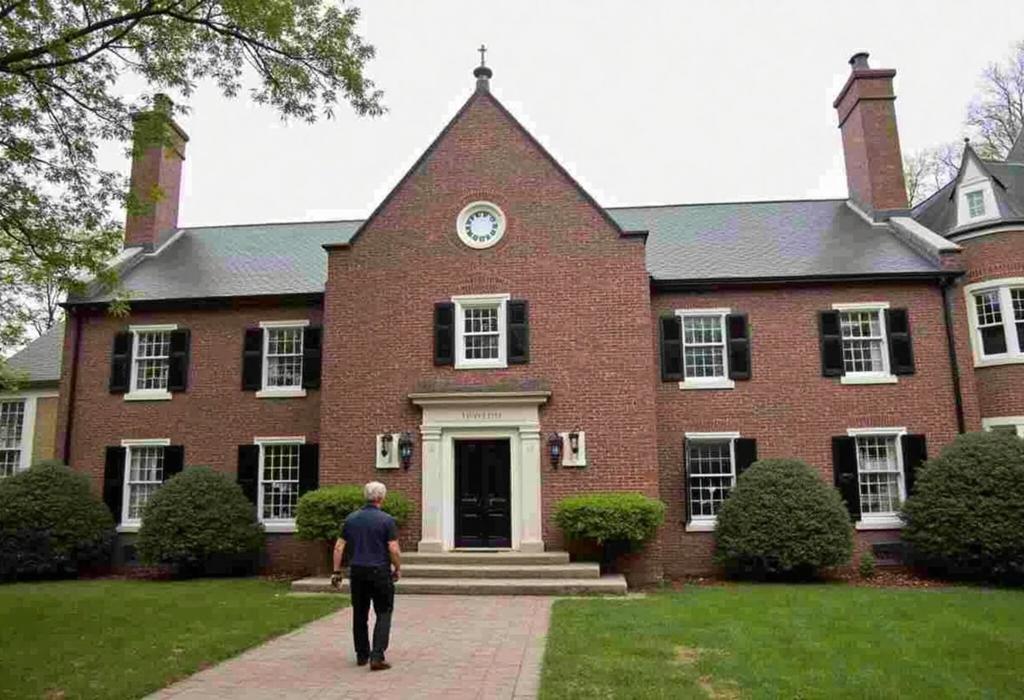In a surprising move that has drawn significant criticism, the White House has announced a freeze on over $2.2 billion in grants and an additional $60 million in contracts allocated for Harvard University. This decision follows Harvard's refusal to comply with a series of ideological demands set forth by the Trump administration, including substantial changes to its governance, leadership structure, and admissions processes. Harvard, in response, has stated it will not 'surrender its independence or relinquish its constitutional rights.'
The fallout from this freeze has stirred public discourse, with former President Barack Obama labeling the action as 'unlawful' and 'ham-handed.' Trump's administration has indicated that it may push to revoke Harvard's tax-exempt status if the institution continues to 'push political, ideological, and terrorist inspired/supporting 'Sickness'' as the President phrased it on social media.
Alongside this controversy, new tariffs imposed by Trump have triggered disruptions across various sectors, including the diamond trade, which saw volumes in Antwerp plummet to a fraction of their usual levels due to logistics hampered by tariff increases. Trump has, at times, suggested that these new tariffs might yield enough revenue to potentially replace income tax, drawing skepticism from economic analysts.
The implications of this funding freeze could extend beyond Harvard, impacting academic freedom and the perceived autonomy of institutions within the U.S. educational system. The phenomenon raises questions about the extent to which political factors influence academic independence and funding dynamics in higher education.
AD
AD
AD
AD
Bias Analysis
Bias Score:
75/100
Neutral
Biased
This news has been analyzed from 16 different sources.
Bias Assessment: The news tends to display a moderate level of bias, primarily reflecting a critical stance towards the Trump administration's actions against educational institutions. The framing of the events leans towards portraying them as punitive measures filled with implications for academic freedom. The reliance on opinions from figures like Obama and the quoted rhetoric provides a perspective that may not fully encompass the viewpoints of supporters of the administration, contributing to the overall score of 75 on the bias scale.
Key Questions About This Article




